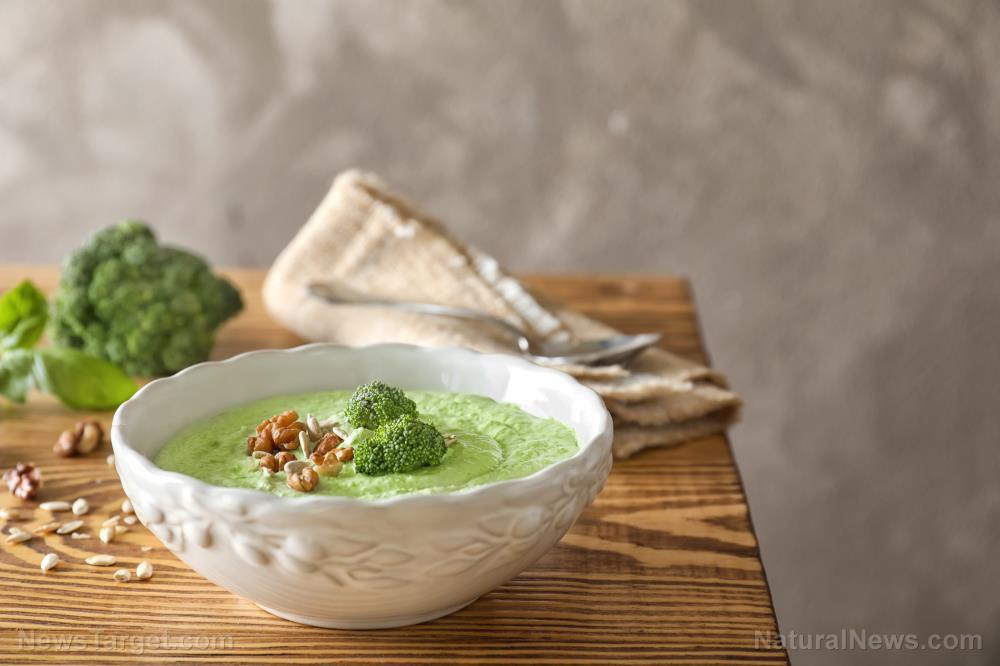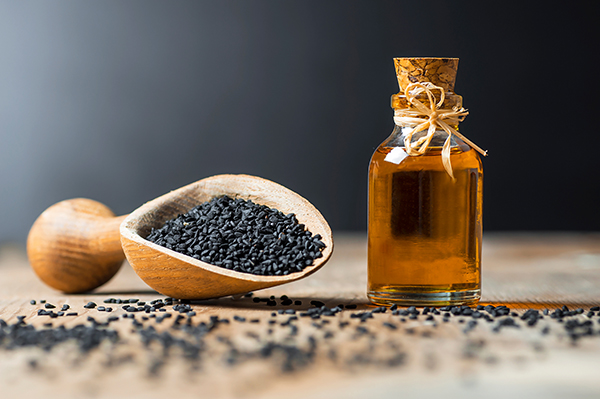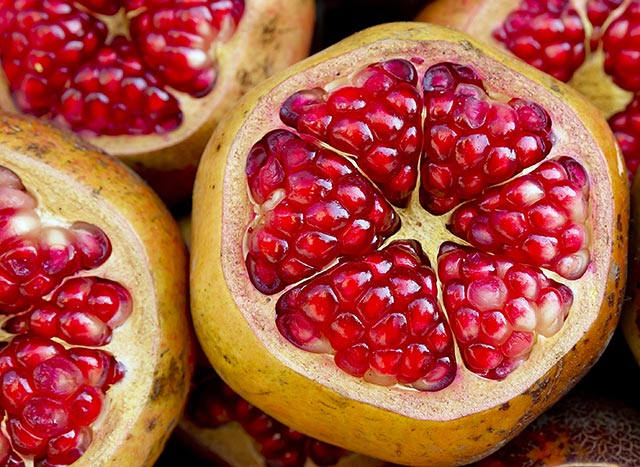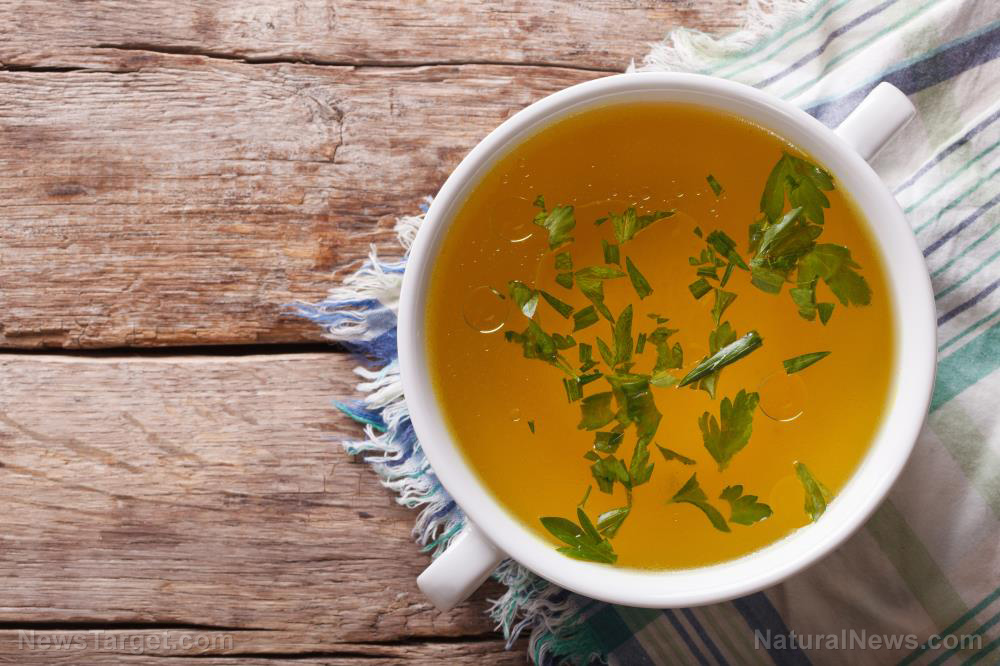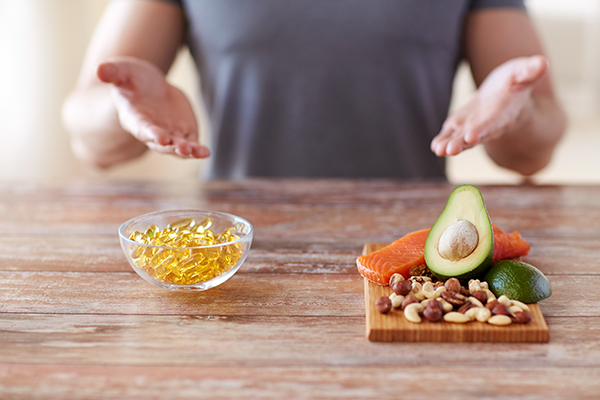Turmeric: One of the world’s most powerful superfoods
12/05/2022 / By Olivia Cook
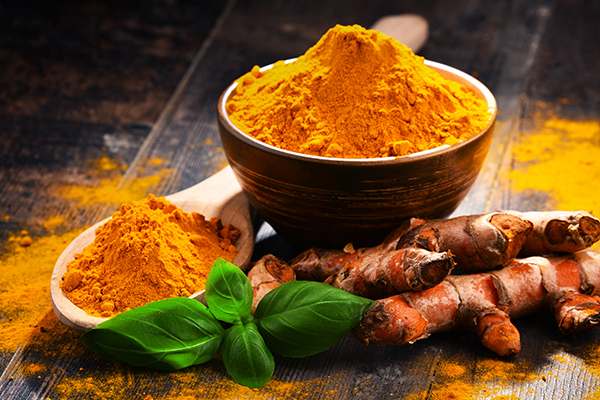
Dubbed the golden spice of life, turmeric (Curcuma longa) is one of the world’s most powerful superfoods. It is a rich source of vitamins and minerals, and contains more than 300 naturally occurring plant nutrients. Curcuminoids, phytonutrients naturally found in turmeric, are five to eight times more potent than vitamins C and E.
Turmeric’s bright yellow color makes it a key ingredient in popular Asian, Indian and African dishes. This rhizome is also used in Ayurveda and other traditional Indian medical systems. Traditional Chinese medicine, meanwhile, uses turmeric to address a variety of conditions, including depression and disorders of the skin, joints, liver, upper respiratory tract, joints, the digestive system and many others.
Outside of its golden color, here are some good reasons to include turmeric in the daily diet.
Turmeric ensures a well-functioning immune system
According to a study published in the Journal of Clinical Immunology, the curcumin in turmeric enhanced antibody responses, helping fight infection in turn. It also mentioned that curcumin can suppress pro-inflammatory compounds. “This suggests that curcumin’s reported beneficial effects in arthritis, allergy, asthma, atherosclerosis, heart disease, Alzheimer’s disease, diabetes and cancer might be due in part to its ability to modulate the immune system,” the researchers wrote.
Turmeric helps maintain healthy bones and joints
A 2016 study published in BoneKEy Reports elaborated on how turmeric promotes healthy bones and joints. First, it prevents the loss of bone minerals and maintains bone density – reducing the risk of osteoporosis. Second, turmeric helps in bone healing by preventing the growth of cells that absorb old bones while letting the formation of new bones proceed. Third, turmeric’s anti-inflammatory compounds make it a safer and natural alternative to painkillers for people suffering from joint pains. (Related: Study: Curcumin is better than anti-inflammatory drug for rheumatoid arthritis.)
Turmeric helps maintain healthy brain function
An study published in The American Journal of Geriatric Psychiatry back in 2017 featured 40 participants, 21 of which were given 90 milligrams of curcumin twice daily. It found that taking turmeric on an everyday basis boosted participants’ brain function, leading to significant improvements in memory and attention in adults without dementia. The curcumin in turmeric also reduced the toxicity of heavy metals like cadmium and lead, while its anti-inflammatory properties shielded the brain from neurodegeneration.
Turmeric promotes a healthy digestive system
Based on a study published August 2020 in Nutrients, the curcumin in turmeric was able to shift the balance of bacteria in the gut in favor of beneficial strains. Curcumin consumption enabled good strains such as Bifidobacteria and Lactobacilli to thrive, while levels of pathogenic bacteria often associated with the onset of systemic diseases dwindled. In particular, curcumin consumption helped reduce the amount of the Prevotella bacteria linked to certain types of cancers.
Turmeric promotes healthy skin and hair
According to a paper published in the International Journal of Pharmaceutical Sciences and Research, turmeric serves as a “food for the skin.” The rhizome slowed down cell damage and helped prevent premature aging – making it perfect for reducing skin inflammation and evening out skin tone. The authors of the study also suggested turmeric as an excellent solution for skin conditions such as acne, eczema, psoriasis, skin cancers because of its anti-bacterial and antiseptic properties.
Turmeric is a versatile superfood that can be consumed both as food and beverage. It can be mixed into curries and other dishes, used to season meats, and be sprinkled into soup. Golden milk, a combination of preferably non-dairy milk and turmeric powder, enables easier absorption of curcumin. A dash of black pepper helps make turmeric’s plethora of phytonutrients easier to absorb.
So, spice up your diet with turmeric to experience its health benefits.
Watch this video that outlines 10 health benefits of turmeric.
This video is available on the Natural Cures channel at Brighteon.com.
More related stories:
Discover the superfood power of turmeric.
Protect your heart with turmeric.
Sources include:
Submit a correction >>
Tagged Under:
alternative medicine, anti-inflammatory, antioxidants, bone health, brain function, brain health, curcumin, digestive health, food cures, food is medicine, gut flora, immune system, joint health, natural cures, natural medicine, phytonutrients, skin health, turmeric
This article may contain statements that reflect the opinion of the author
RECENT NEWS & ARTICLES
COPYRIGHT © 2017 NATURAL CURES NEWS








